Interview & Video Edit by Farran Golding
Collages by Requiem For A Screen
Original Photography by Anthony Acosta
Even in the avalanche of daily skate videos, you can always distinguish the parts that had a little more tact put behind them from the ones that are footage dumps. Gilbert Crockett has been releasing thoughtful video parts for over a decade — many of which are largely filmed in his hometown of Richmond, Virginia by childhood friend, Will Rosenstock — and all of them are distinguishable from one another.
Having just opened up Greg Hunt’s Alright Ok for skateboarding’s de facto Oscars season, we had Farran reach out to Gilbert to speak on his process, and how it all works, often without having to go very far.
We also have a special bonus video of Gilbert’s footage from SunTrust and the surrounding downtown Richmond spots with commentary, all courtesy of Will’s archive ♥
You’ve knocked out a part every couple of years for the past decade. Most of them have been filmed by Will Rosenstock and Greg Hunt too. Do you think there would be a different response to your skating without those two presenting it?
I think about that sometimes. In our crew, I’m not in a situation where I find myself worrying about who’s filming or how it’s going to be put together. There are a lot of crews — or skaters that don’t even have a crew — where the filmer isn’t as down as somebody like Will. Also with Greg, and being able to trust them, I’m fortunate.
We were talking about this the other day, Chad [Bowers] and I. It’s unique to have that environment, especially for so long. Will has been around and down for countless years, I wouldn’t even know where to start, as far as when we started doing this. He’s a ride-or-die. Then with Greg, it’s special when he makes a project.
It would be received a lot differently if my skating came from another couple of filmers. It would have a different vibe, for sure. What Will wants to do, and what Greg wants to do, is always in the realm of what I want my skating to look like, so I have a really good relationship with both of those guys.
I’ve been thinking about that dynamic a lot lately. Tom Knox and Jacob Harris are a perfect example. Watching what they produce together feels like you’re seeing Tom skate at his purest. Could you draw a parallel from that to filming with Will over the years?
Totally. The other day, I saw a comment and somebody was like: “Goddamn, someone filmed those lines of Gilbert really well. I’m assuming it had to be Will.” I thought it was cool somebody had recognized how good of a filmer and skater he is.
How about with Greg, in that respect?
Greg and I haven’t known each other for as long. We’re buddies, so it’s a similar vibe, and when we’re all in the van together, it just works. Greg and Will are the type of dudes who want to have a good time, then film something when the time calls for it and it give it the respect it needs, the seriousness. It’s like, “Alright, now we’re working.”
It is a different relationship though. I look at Greg as more of a mentor. He’s introduced me to a lot of aspects of the world I’m really into now, things I wouldn’t have known about without him — whether it’s art, music or movies.
In what way has being a fan of his work encouraged you during the time you’ve spent together?
I was always into Alien Workshop, but Mind Field freaked me out. It changed my thought process towards skating. It’s different when Photosynthesis is on the TV and you’re watching something that was made at the same time, or just before, you started skating. With Mind Field, something switched in my head. To be working with Greg for Propeller a couple of years later was a dream-come-true situation. You want to give somebody like Greg your best and be as honorable as possible because I know how much Greg puts into his work, and that he understands that’s what it takes to make something good, in my opinion.
You’ve talked about how Jake Johnson’s part in Mind Field influenced your outlook, from spots to handling a career. Did that play on your mind when you first got on Workshop and were getting to know him?
I started getting to know him before I got on. He spent a little bit of time in Richmond, just passing through, and we hung out, so I already had a little insight into Jake’s world. I was super inspired by him already, but it was cool to work on The Cinematographer Project together. I’m watching videos, like, “This is my favorite dude!” and a couple of years go by, and I’m working on with him.
It’s pretty mind blowing, but these guys we’re talking about, Jake and Greg — and I guess it’s the same with anybody you look up to —eventually you realize they’re just awesome people. It’s not like they have this weird facade or you have to get through some layers of their personality before they’re themselves.
How’d it feel going into that Cinematographer section with the focus on you and Jake? Considering it was his first “part” after Mind Field — which was so well received — was it daunting to take the stage with him?
It was motivating. We stayed with Jake up in Pennsylvania so, again, it was a dream come true for me. I’ve never had a competitive feeling with Jake and he doesn’t give me that vibe either.
At the Workshop – and still, of course, with Quasi – that was my first experience of, like, “The ball’s in your court.”
“You want to film this? You want to turn pro? That’s on you.”
There was no pressure where things had to be like this or like that. The environment was so loose; leaving it up to me how I wanted to film, where I wanted to film and what I wanted it to look like. I need loose reigns when it comes to creativity or I trip out.
There’s a bit of a pattern in your output where you’ve followed up some of your biggest video parts with local ones. For instance, right after “Life Splicing” and Cinematographer, there was Old Dominion with Will and Venue. Then you had Propeller and Salt Life, and Gospel came pretty soon afterwards. Is it a natural feeling for you to want to be involved with something smaller after an extensive project?
It was more by chance. I’m working on a project, and when it’s done, I’m surrounded by my friends who are also working on a local project. If your whole friendship group is filming for a video and taking it seriously, trying to get tricks everyday, it’s hard to go skating with them and not want to do that. If everybody is on that page, it’s almost easier to keep filming. So I think it’s more piggybacking on the motivation leftover from those [bigger] projects. Right place, right time.
I keep up with Bust Crew and Venue, and I got interested in them off the back of your part in Old Dominion. Considering their support over the years, I imagine it means a lot that your position in skating gives something back, in a way, and
draws a broader audience towards what’s going on at home.
Dude, yeah, it’s awesome. Nowadays, with the internet, there’s more of an audience on skating in general so everyone knows about different crews, in different cities, in different parts of the world that are making videos.
People know who Ty [Beall] is, people know who Jon Rowe and [Josh] Swyers are, and it’s cool that these dudes can get some shine. People can know about them in the same way I know about the Atlantic Drift crew. It’s brought skating together where there’s more of a community feel.
Revisiting spots is something of a trademark of yours that I’ve always really enjoyed. Do you return to those spots because they’re significant to you, personally; is it natural, just because you’ve spent so much of your career in Richmond; or is it both?
It’s a combination of both. I do think the main reason is because we don’t have a whole lot of spots. I’ve lived here for a long time and I also like the idea of learning a new way to skate a spot I’ve always seen, or thinking of a new way to film it.
It’s interesting, because if you’re constantly cruising around the world at beautiful, perfect skate spots that are run-of-the-mill, I don’t think you’re ever going to get to that place where you’re like, “Fuck, I’ve got to figure out something new here” – a new way to get a clip somewhere familiar.
That can bring out creativity. It’s almost like when you’re walking around grocery store and there are a million options on every aisle. It’s like, how much easier would it be if I had five options for cookies instead of five-hundred? It’s almost easier to be creative when you close doors, sometimes.
How much does personal satisfaction play into that momentum of continuing to film?
I just really like to have a project, you know?
At the end of every video I’ve made, where you’ve worked on it for a long time, generally I’m exhausted with the whole process. That’s how it’s been over the years. I get to the end and I’m like, “My God, I need a breath of something else.” Right now, I don’t really feel that way, but I do get a lot of personal satisfaction.
I don’t keep my old parts in my head too much. I’ve watched this new part, like, twice. To me, it’s just what we do, so of course I want to film another part. It’s like artists making albums. I have so much respect for an artist going back to the drawing board, and that’s what video parts are. It’s like, “Of course, this is our job.” This is the whole deal.
It’s sad that some of the younger kids don’t get it, and probably won’t ever get it the way people my age do. It’s tradition at this point. I’ve even heard people talk about it that way recently: “We’re doing it traditionally,” “We’re making a ‘traditional’ video,” or “We’re doing it old school, we’re filming video parts.”
Like, how is that now an “old” way of professional skateboarding? That shit trips me out. When I hear people talk like that, or when I see younger dudes who are so good at skating and they don’t care about street skating or filming, I just I can’t understand it. I want to understand it. But I’m like, “Dude, that’s kind of dark…”
It’s interesting where your career lands on the timeline, in that respect. You caught the tail-end of video parts and magazine coverage being the focus, but were still cutting your teeth as the internet became prominent. That arch of video parts and progression through interviews — the “Check Out” to “Pro Spotlight” narrative — isn’t as prevalent anymore. The pathways have opened up. What’s good and bad about that?
We spoke earlier about other crews, which maybe don’t have a filmer or a filmer they can trust like I can trust Will. For people in those circumstances, the new way of doing things, and how there’s more than one way, means that if you’re some kid who lives in the middle of nowhere and you have an iPhone — maybe you aren’t filming video parts — but you’re putting footage out through Instagram. Eventually, you could get sponsored that way and that’s good for those kids.
What’s bad is – and I’ll probably sound like an old soldier or something – but, to me, the fundamentals of skating are in a video part and in shooting photos. These are the pillars of professional skateboarding. These are the things which have always been here.
You learn the fundamentals if you’re around something long enough. You learn what goes into making a video part, you learn what goes into shooting a photo, into shooting an interview. They’re tools to me. Just putting those tools down and pretending they’re not important, I feel that’s a little disrespectful towards the “old” way of doing things.
I’m probably sounding like an old fart to some of the kids reading this, but that’s the real deal to me. That’s what we do. If I’m going to be a professional skateboarder, these are my tools. What are you practicing for? What are you going to the skatepark for? What are you learning new tricks for? It’s all to get it on film or to shoot a photo.
Do you feel like you’ve had *the* part yet?
I don’t know. When I watch certain tricks and parts of mine, I’ll think to myself that I won’t do something that gnarly ever again, but I don’t know if that’s true or not. Especially with “gnarly” skating, it’s not something that you can predict. Some days, I’ll want to jump on a big rail and I don’t know what gets me to that state.
I’m just trying to not put out something exactly like what I already put out. I don’t want to bore people, or myself. Even if it’s just a little different from the part before — as long as I can have some movement on the needle — that’s what excites me. Hopefully that keeps me interested in skating, and hopefully that keeps other people interested in my skating too.
I see this through-line from Jake to you, and you to Justin Henry. In that Jake’s approach heavily inspired you, and then you ended up riding for the same companies, skating in the same videos together. Whereas Justin has talked about how you staying in Virginia and revisiting spots resonated with him, and it comes around again; same companies, same videos. Has that crossed your mind before?
It’s cool because it’s another link in the chain where someone’s life and creativity has touched someone else’s. If Justin is inspired by the things I was – or by me – then I think that’s awesome. If we’re going to be out skating together, up close and personal, who would you rather be doing it with than those who are into the same realm of skating as you?
I’ll be skating with Justin sometimes and – actually, there was a specific instance where I remember getting mad. I tried to break my board at a spot, threw it, and didn’t break, but Justin was kind of looking at me, like, “Damn, dude. Okay…”
I go off into the corner of the parking lot, and pout for a little while, but Justin’s still trying his trick. He’s not getting mad, he’s keeping his cool. He’s a significant amount of years younger than me, and I remember thinking, “Justin’s out there, he’s still trying his trick. What the hell’s wrong with me? I’ve got to be more like him.”
I made myself get back into the session, I got my head back into it, and I ended up getting my trick and it was like, “This is awesome. I need to do this more often, I need to take a page of his book.” Not just the other way around, you know?
Maybe it’s a strange one to consider but, on that note, what you do you hope your own contribution to skateboarding might be?
I don’t give that too much thought, but with what we were just talking about, I want to do things that inspire other people. I want to do things in a way that seems original and if I can choose what my contribution to skating is, it’s to continue the loop of inspiration from dudes you look up to. I want to inspire other people to be themselves. Or to take a page of out my book, whatever they want to do, as long as someone else is inspired by what I’m making, then that’s the goal for me.

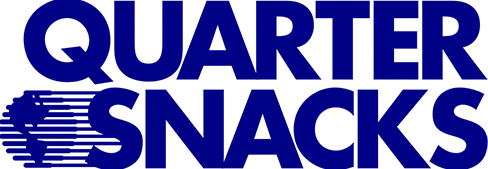


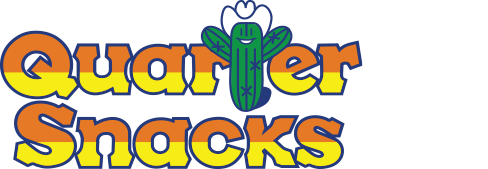

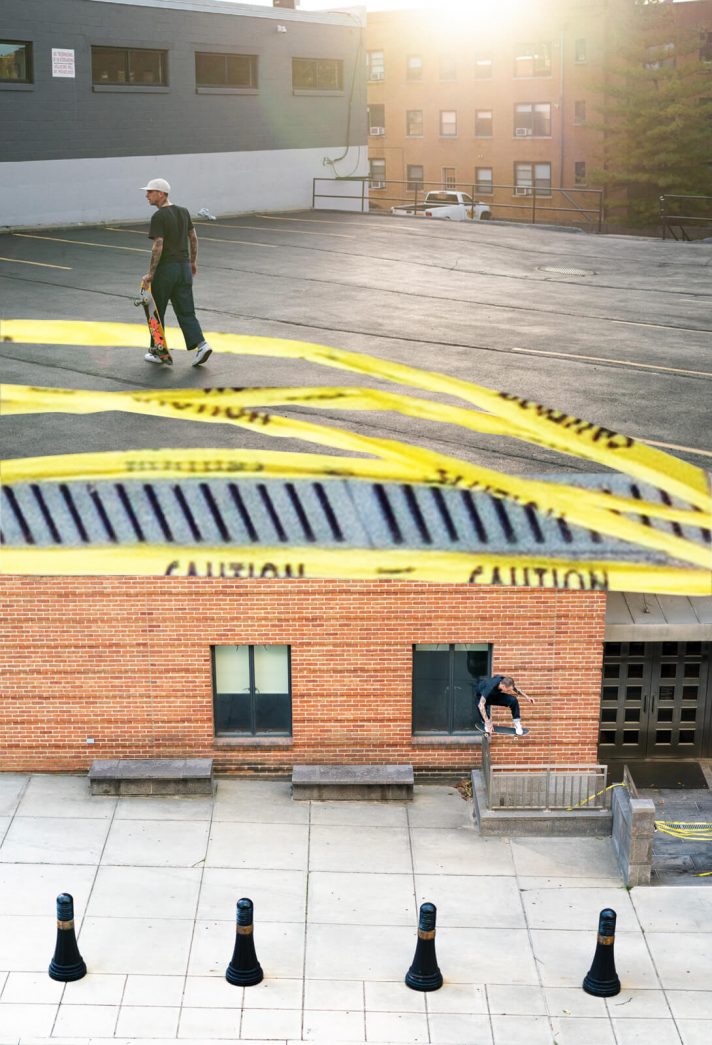
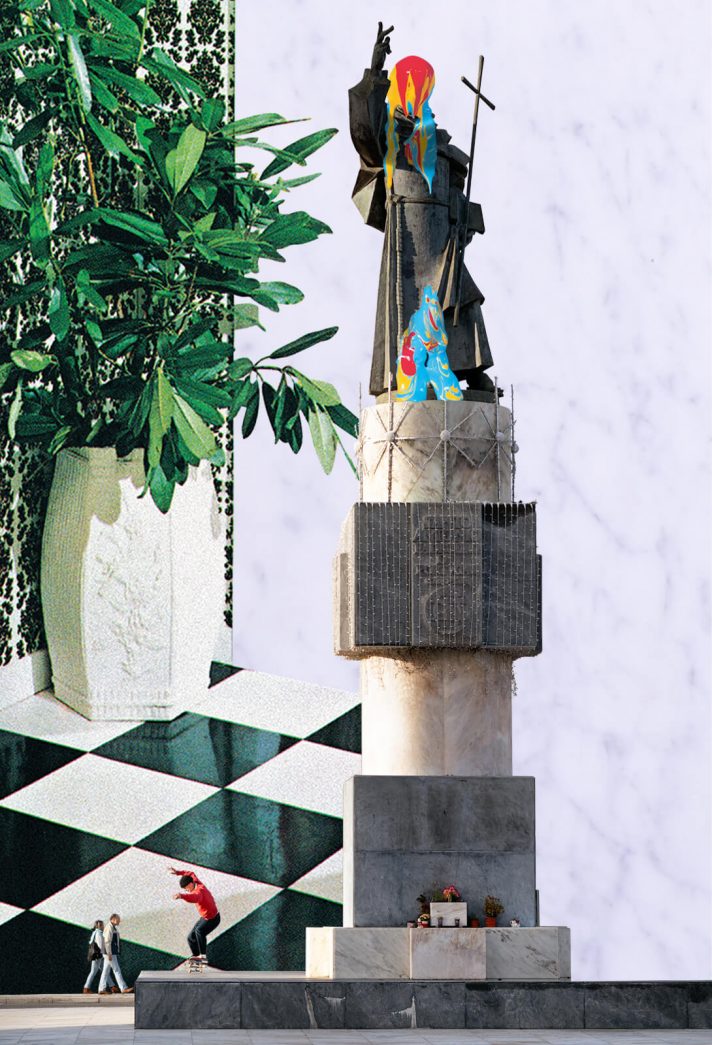
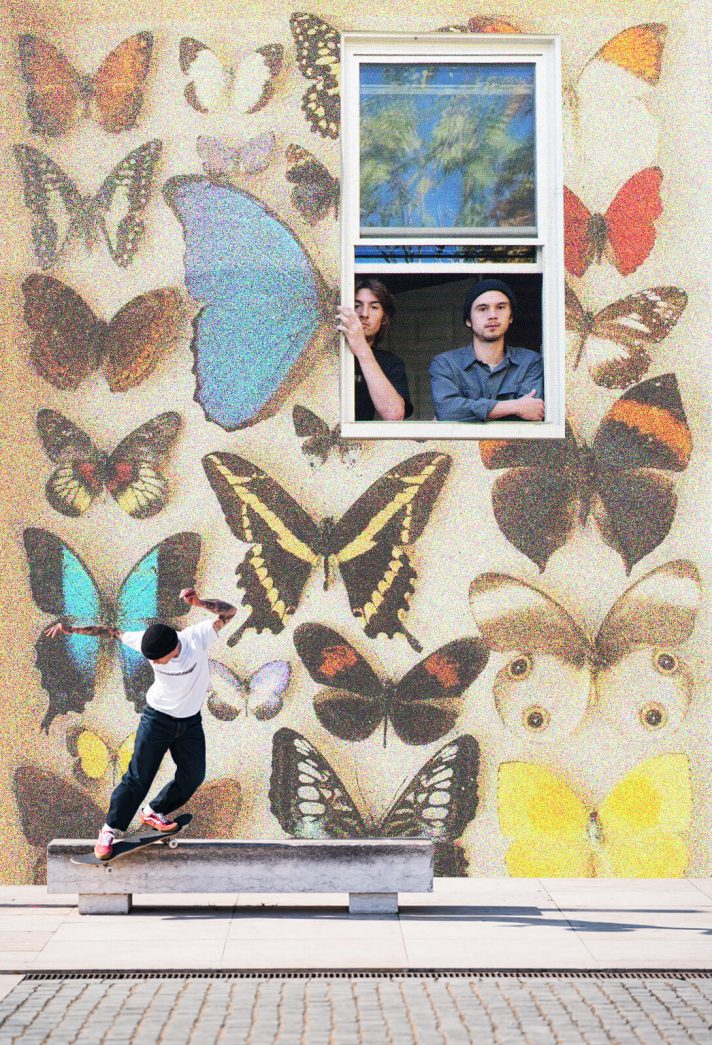
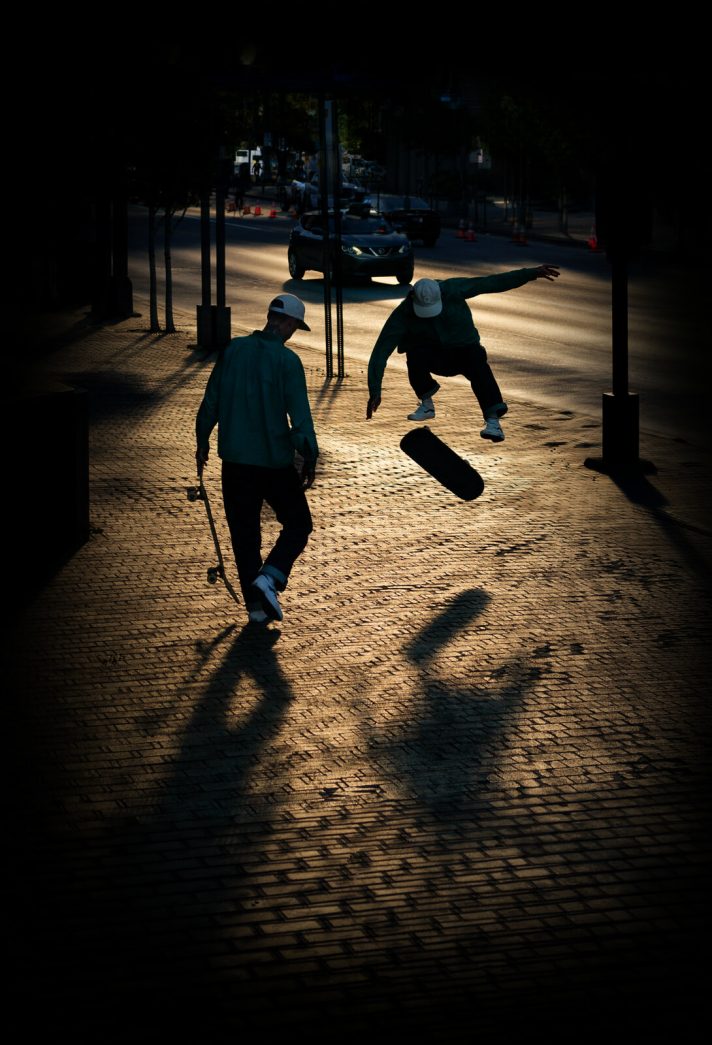
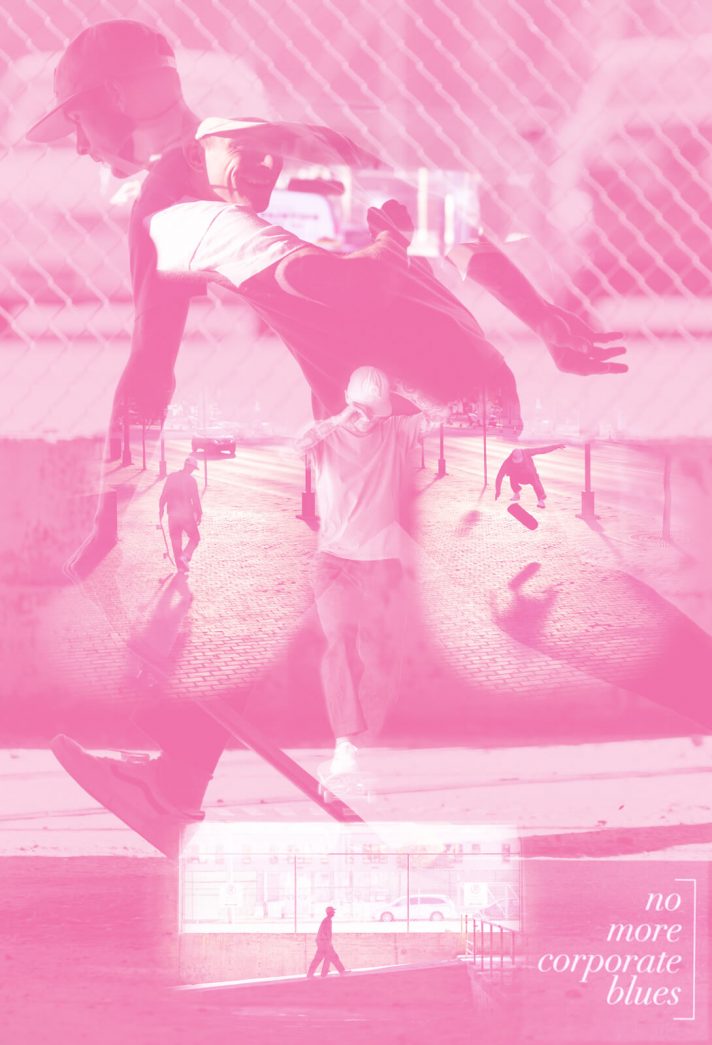
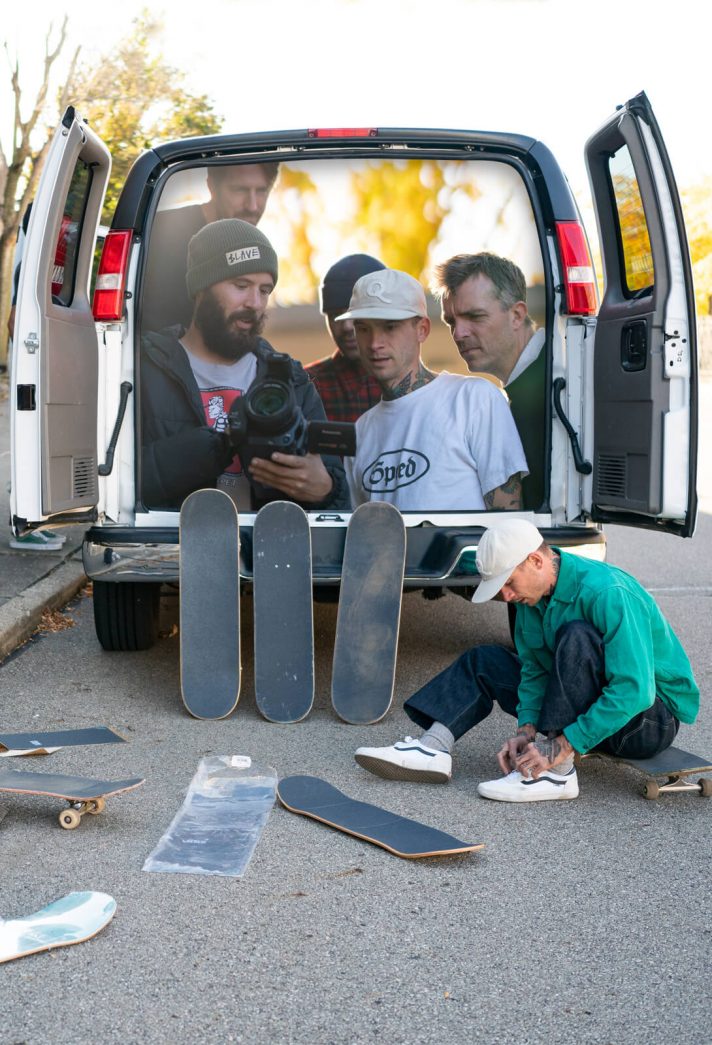
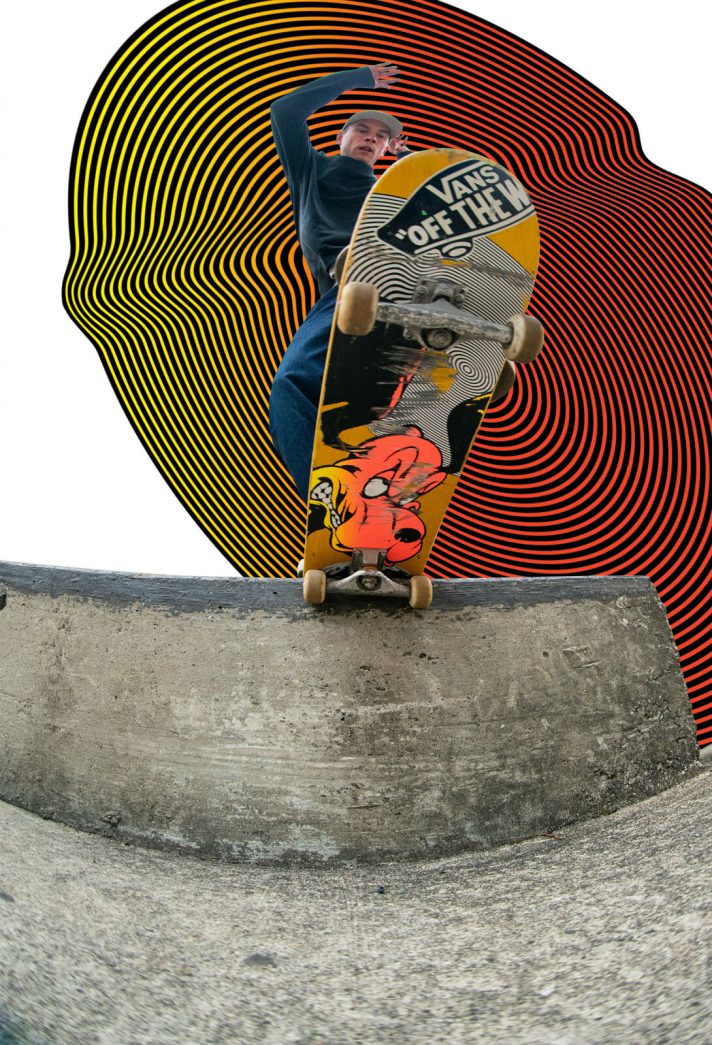
inspiring read :) dope photos 2! keep killing it crockett
gil rules! richmond!
Wow! Great read, loved the part about the ‘tools’ being the fundamentals in skateboarding.
Vancouver Island loved that new Gilbert footage. Lots of Gil fans in Canada, small town skaters.
Fuck yeah snackman and cheers Crockett
same spot, i am the same person…but the lights different, haha!